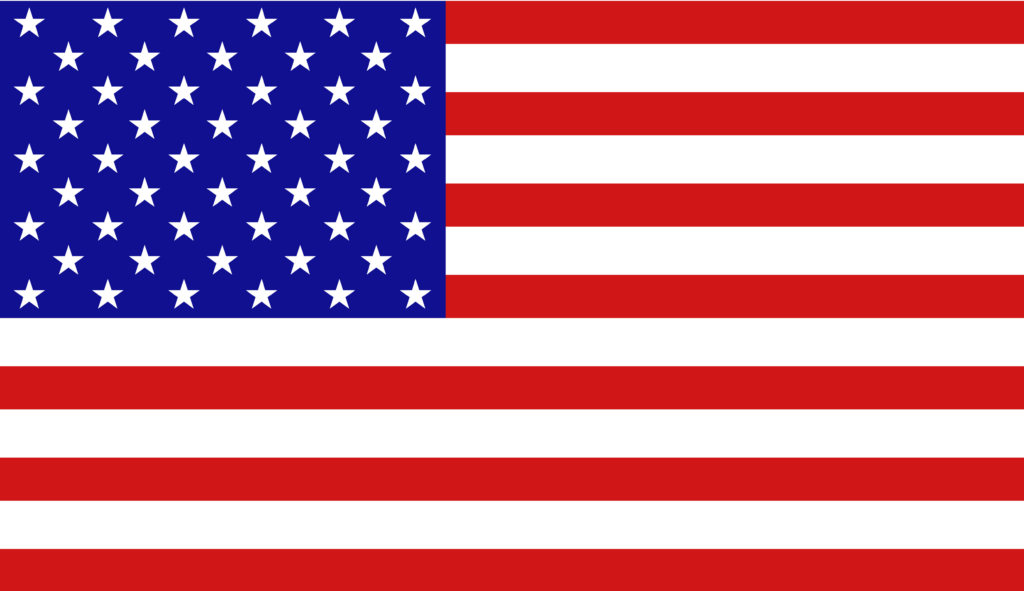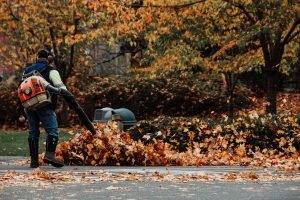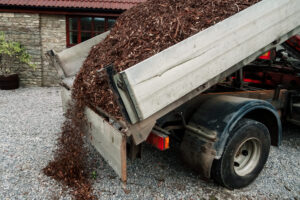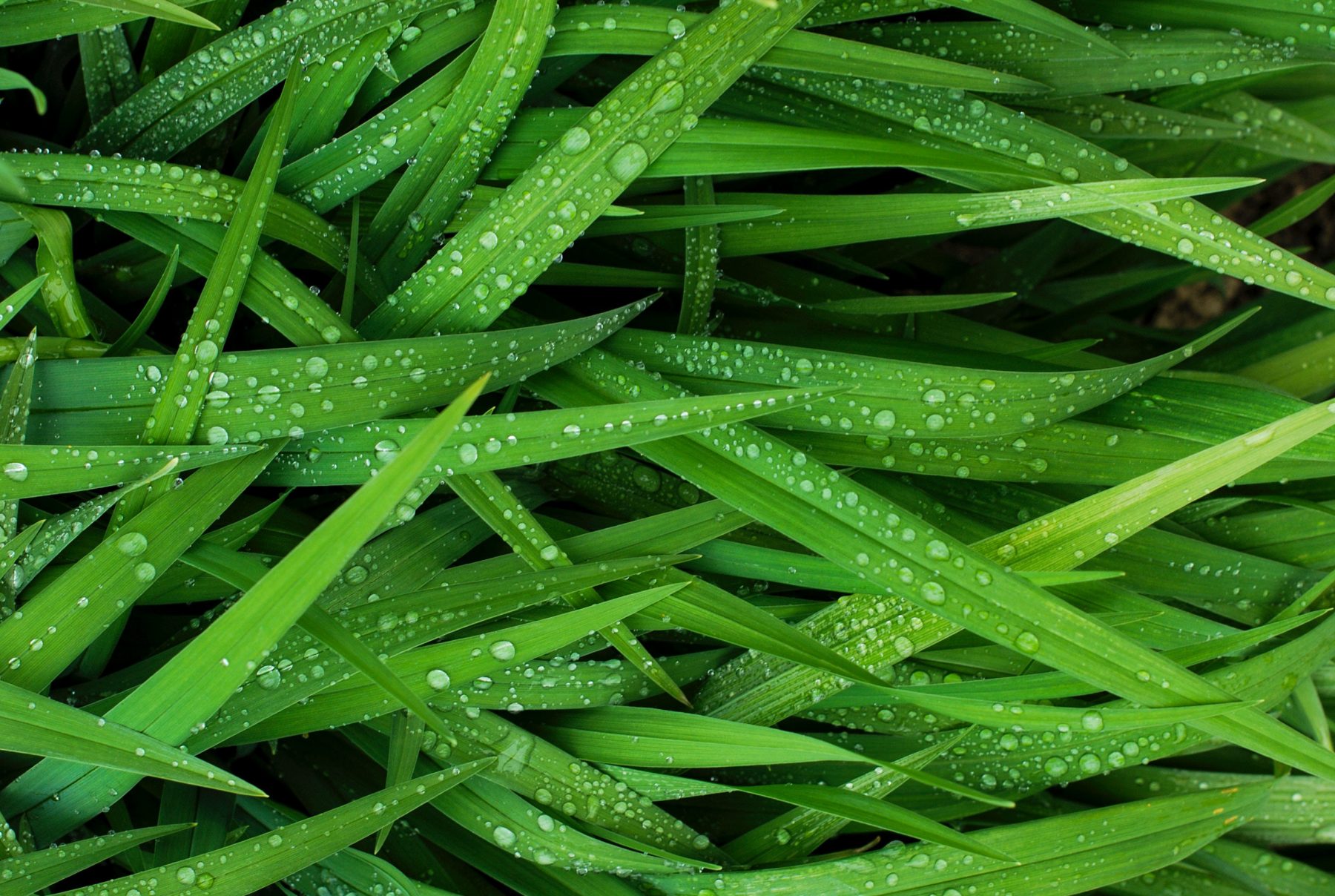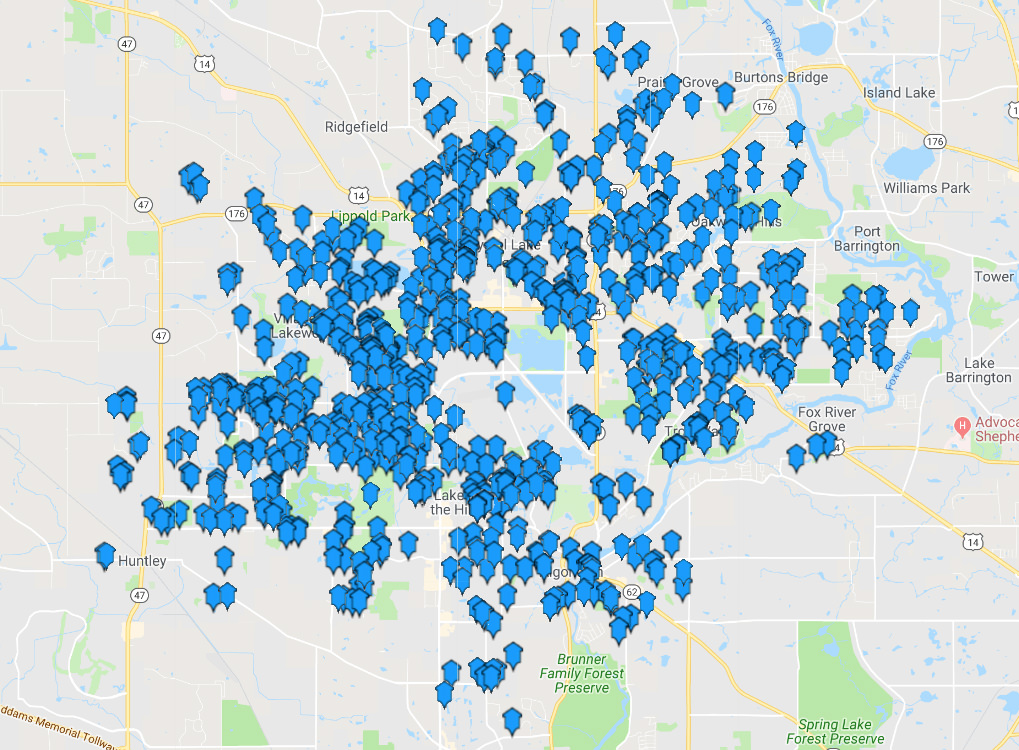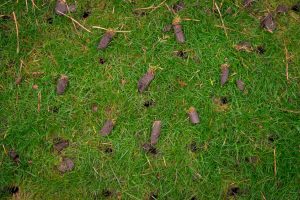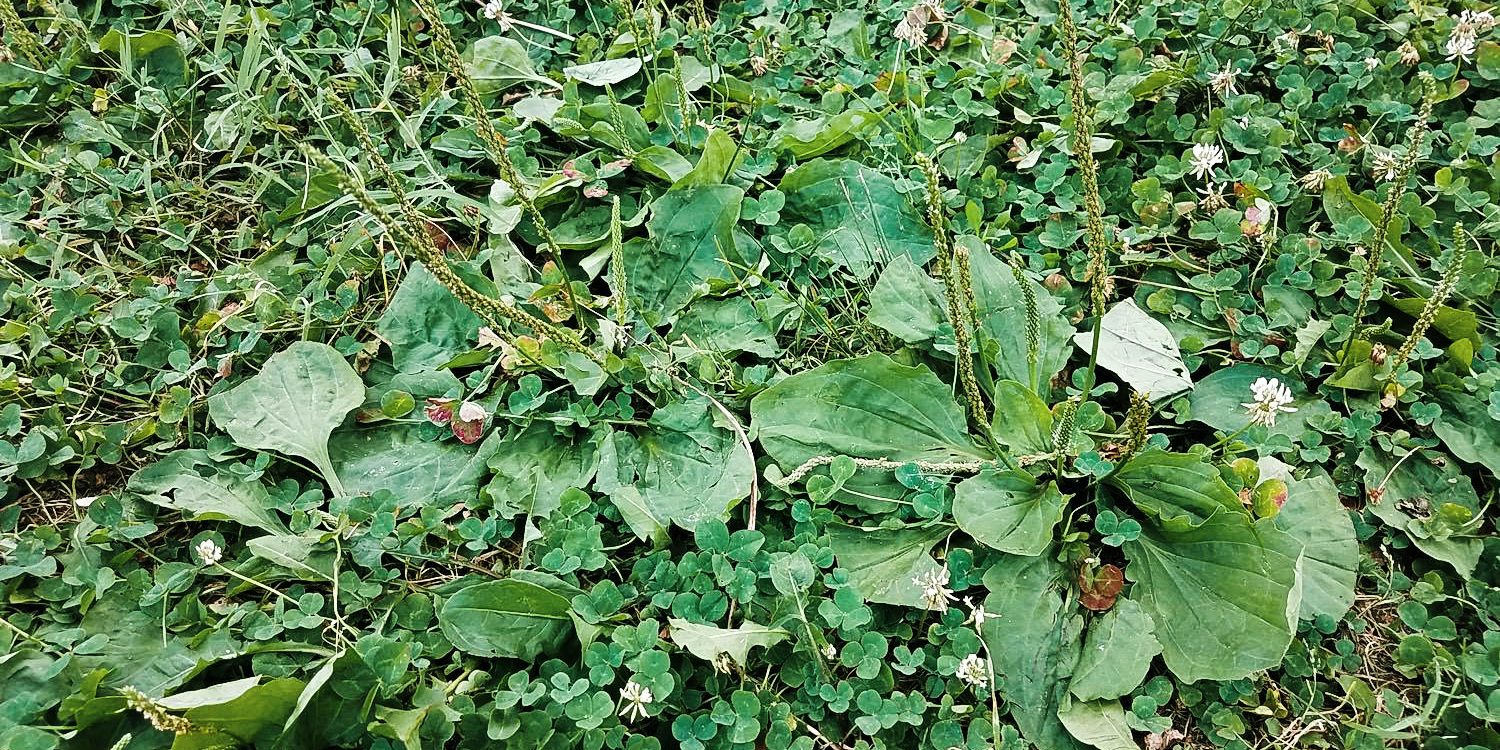
Treat Common Illinois Lawn Weeds
Find out how to treat common Illinois lawn weeds in your yard & prevent future weeds from growing with preventative pre-emergent & post-emergent treatments.
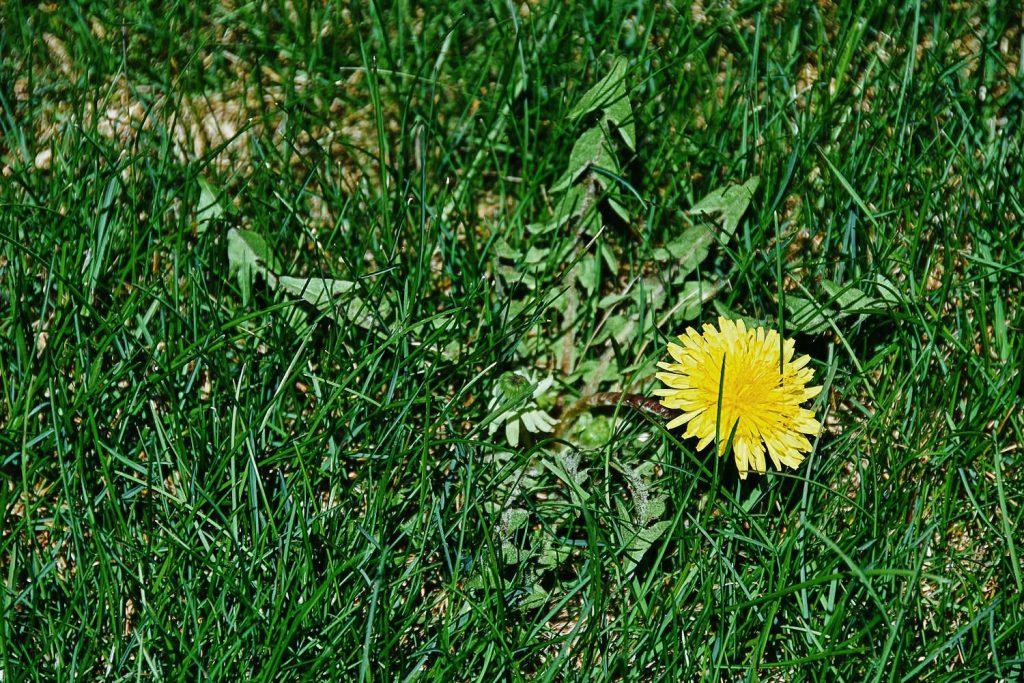
Dandelion Lawn Weeds Treat Dandelion Lawn Weeds
How To Treat Dandelion Weeds:
Dandelions can spread and grow rapidly. It is best to begin treating your lawn in the Spring with a weed pre-emergent to prevent any seeds from germinating.
Weed Treatments should continue to be applied throughout the Summer & Fall using a post-emergent herbicide safe for grass.
❓Did You Know: Each Dandelion plant can produce up to 15,000 seeds. These seeds are easily carried by the wind, which is why they can take over a lawn in no time.
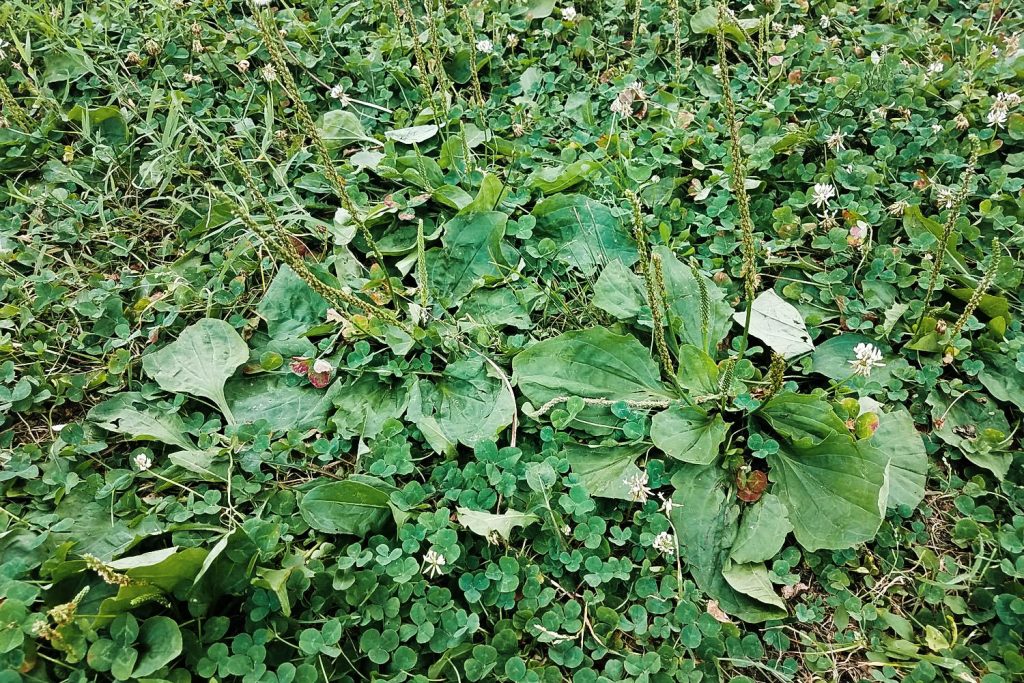
Plantain Lawn Weeds Treat Plantain Lawn Weeds
How To Treat Plantain Weeds:
Use a commercial post-emergent herbicide to treat plantain weeds. It is best to look for a product containing 2,4-D; however, several other chemicals are effective.
We use a commercial 3 Way Weed Spray (a combination of 3 different herbicides) to attack the weed in multiple ways.
✅ Pro Tip: The best time to remove plantain weeds is before they flower. Otherwise, spreading can occur more quickly.
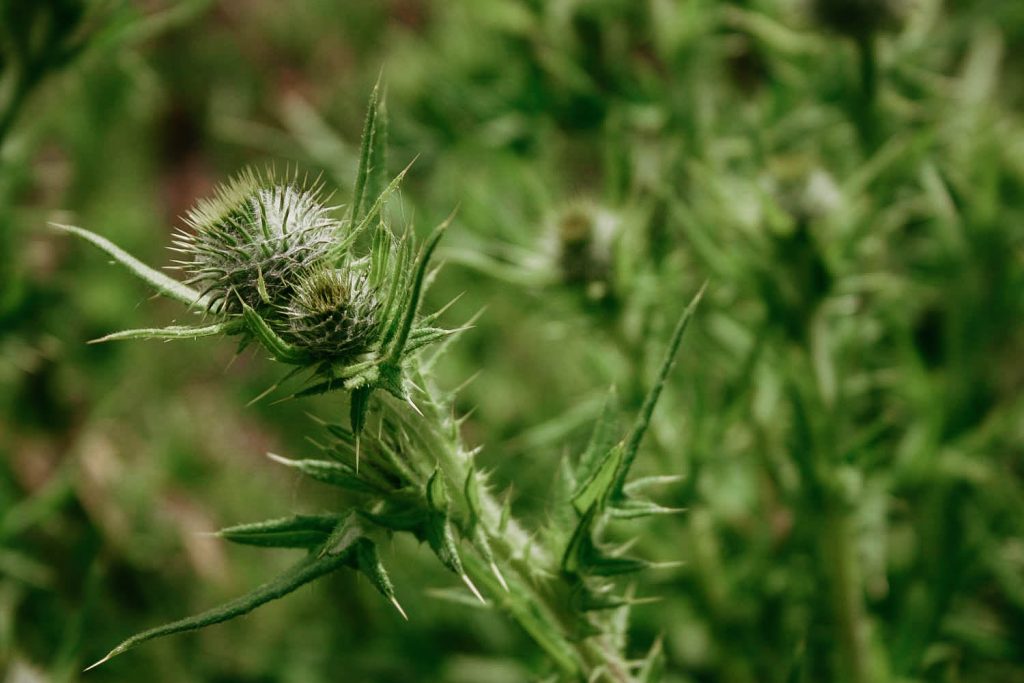
Bull Thistle Weeds Treat Bull Thistle Weeds
How To Treat Bull Thistle:
When treating Bull Thistle Weeds, it is best to use a 3 Way Spray, including chemicals including 2,4-D & Dicamba.
If the thistles are small, it is best to add a Surface Surfactant to the spray.
✅ Pro Tip: You can also dig thistles out by hand easily with a weed removal tool. Just be sure to wear gloves.
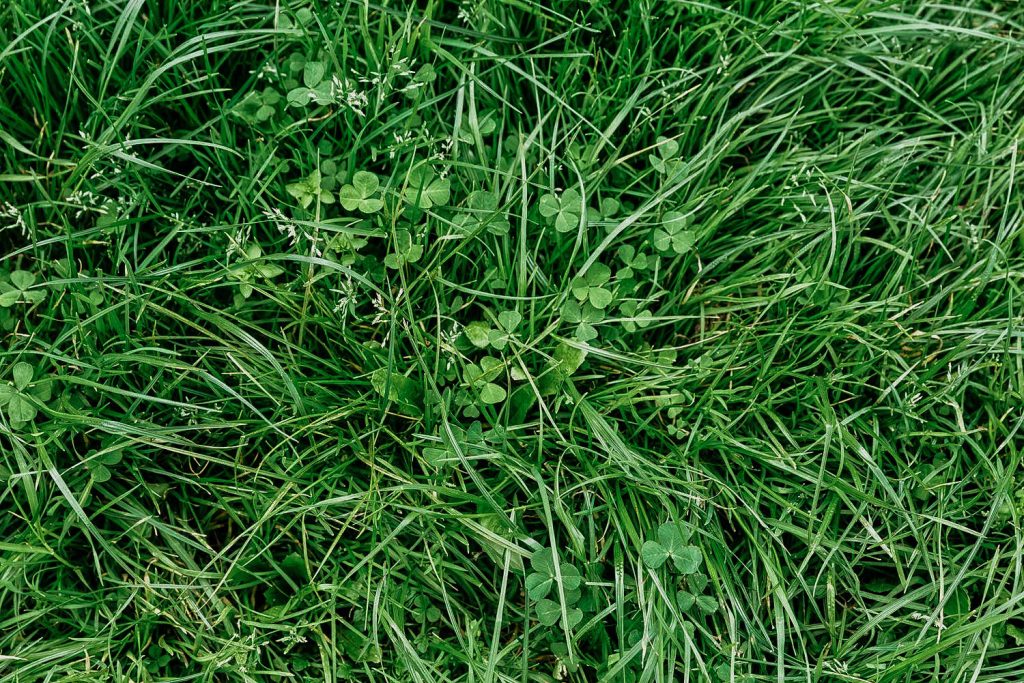
Clover Grass Weeds Treat Lawn Clover In Your Grass
How To Treat Lawn Clover:
It is best to treat clover weeds with a 3 Way Weed Spray. This 3 Way Spray is a combination of herbicides including 2,4-Dichlorophenoxyacetic Acid (or 2, 4-D) & Dicamba.
Adding a Surface Surfactant (which acts like a "glue" to bind spray to plant surfaces) to the spray will increase the application's overall efficiency.
⚠️ Important Note: Clover Weeds can come back after being sprayed & treated and even after appearing dead. Your lawn may need multiple treatments to get rid of clover.
Lawn Fertilization & Weed Treatments
Looking to get signed up for service? Learn more about our current services & quickly get a quote for your property.
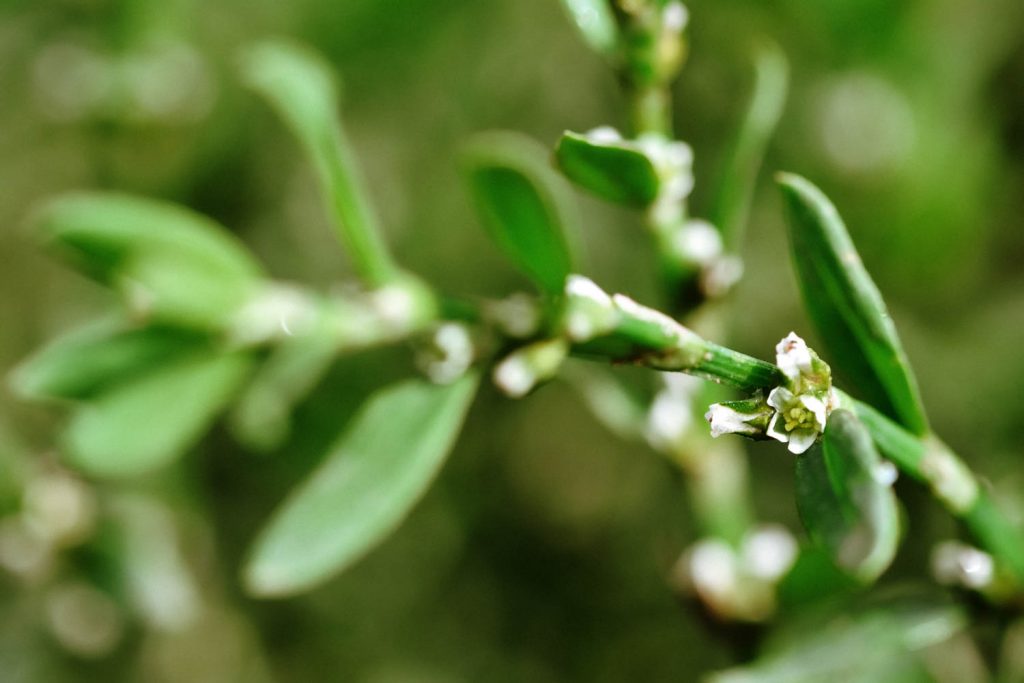
Prostrate Knotweed Treat Prostrate Knotweed
How To Treat Knotweed:
Keep up with Prostrate Knotweed by removing it often, and you should take precautions in advance. Otherwise, weed can be difficult to control.
Chemical lawn treatments should consist of a 3 Way Spray with a combination of herbicides including 2, 4-D & Dicamba.
✅ Pro Tip: If you have a pollen allergy, be sure to wear a mask when removing weeds in their bloom season.
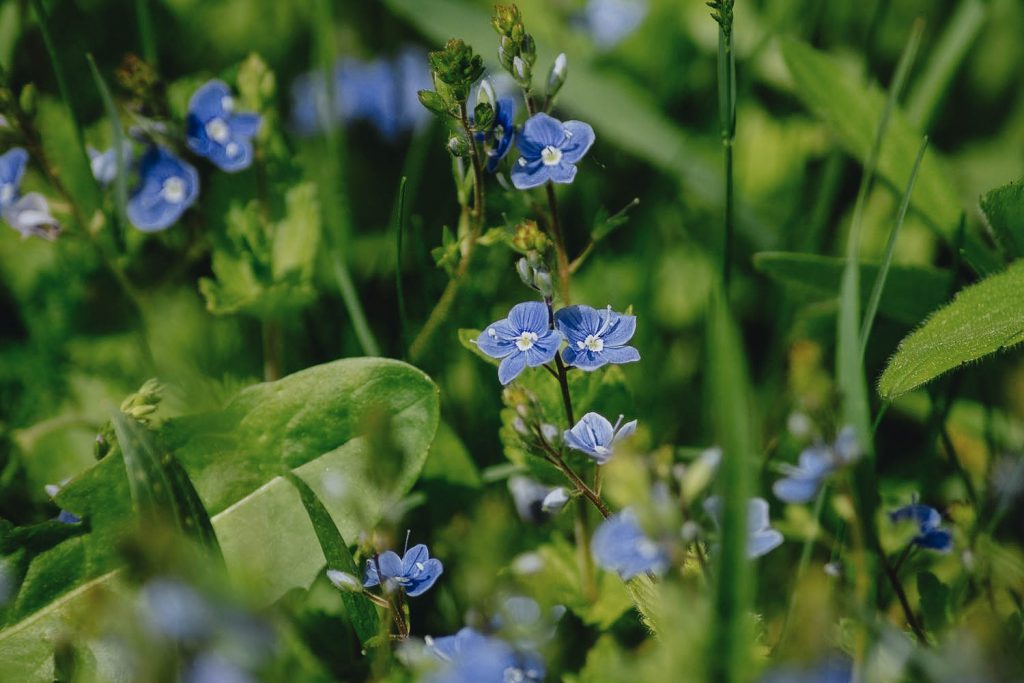
Speedwell Lawn Weeds Treat Speedwell Weeds In Your Grass
How To Treat Speedwell Weeds:
A pre-emergent spray should be used in the Spring before the weed has germinated to treat speedwell weeds. Post-Emergents should be applied when speedwell weeds are actively growing.
Keeping your lawn thick & dense lawn will help prevent other plants from invading.
✅ Pro Tip: Pulling Speedwell from your lawn is a bad idea, as leaving even a small single piece of the root system can cause new plant growth.
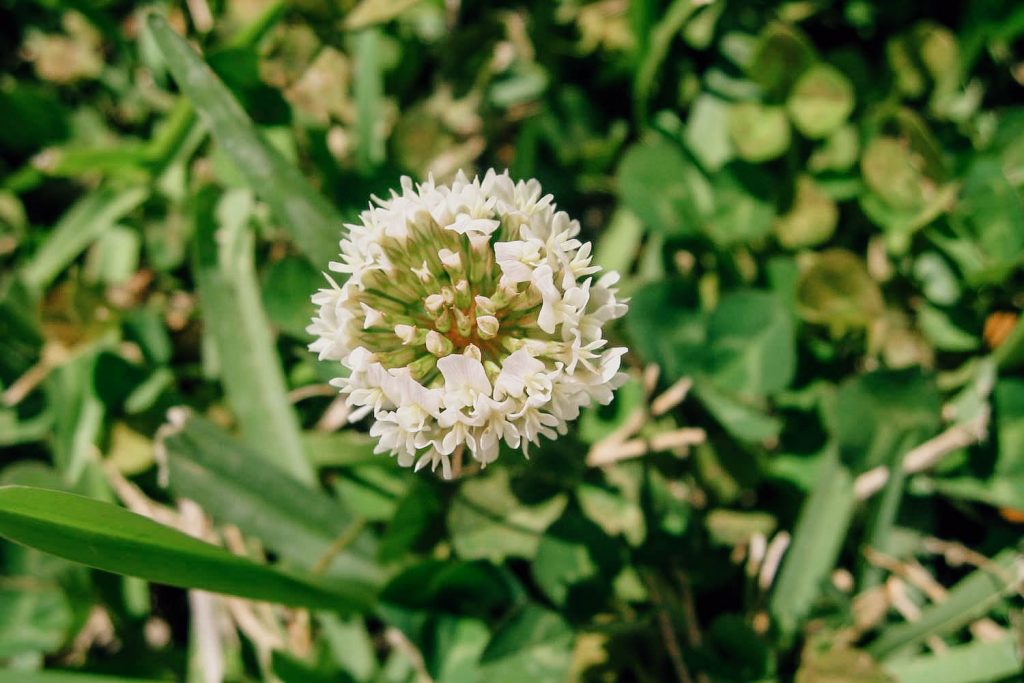
White Clover Weeds Treat White Clover
How To Treat White Clover:
For White Clover weeds, it is best to use what the lawn care industry calls a "3 Way Weed Spray." This spray is a combination of herbicides including, 2,4-D & Dicamba.
Including a surface surfactant will make the application stick to the weeds better for more effectiveness.
Clover can come back after spraying even if it appears dead, so it's essential to remember your lawn may need multiple treatments to kill clover weeds.
✅ Pro Tip: Clover is most vulnerable to treatments when it has flower heads.
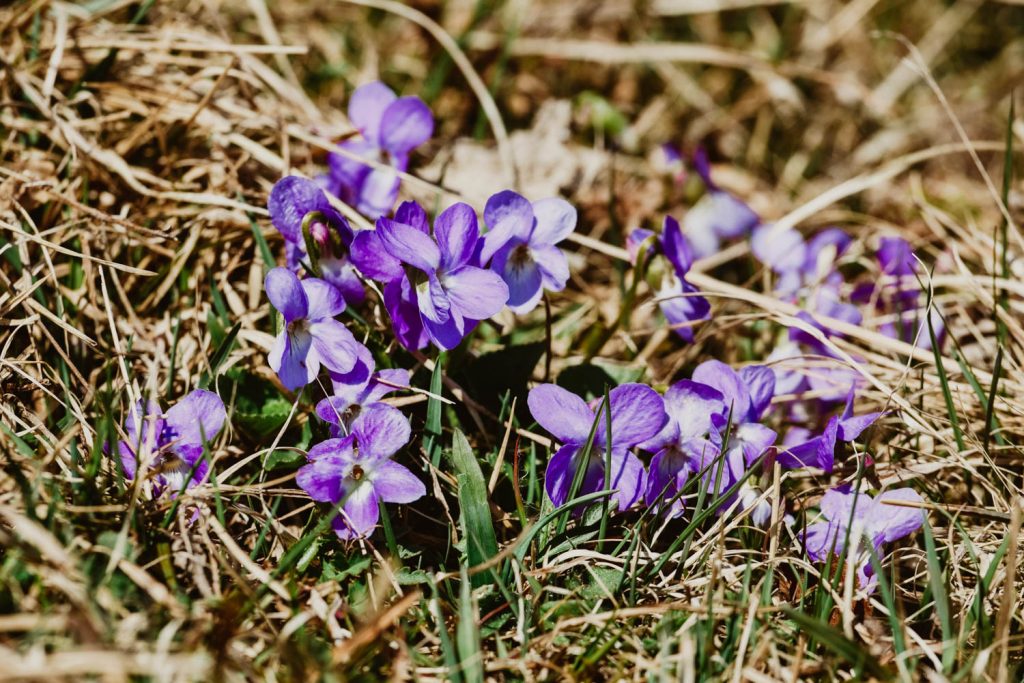
Wild Violet Weeds Treat Wild Violet Lawn Weeds
How To Treat Wild Violet:
To treat wild violet in your lawn, use an herbicide containing 2,4-D & Dicamba. We use a 3 Way Weed Spray combination with added Surface Surfactant to treat wild violet with the most effectiveness.
Wild Violet can come back after spray even after appearing dead. Your lawn may need multiple treatments to remove this lawn weed thoroughly.
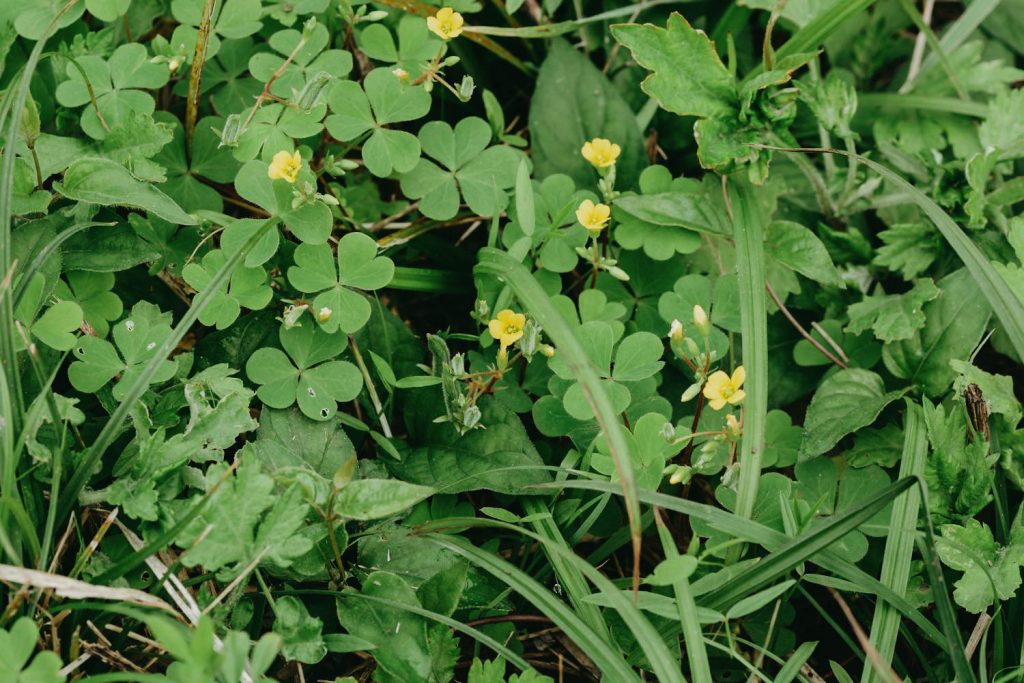
Yellow Wood Sorrel Weed Treat Yellow Wood Sorrel Weeds
How To Treat Yellow Wood Sorrel:
For treating Yellow Wood Sorrel, the most effective solution is a non-selective weed treatment containing Glyphosate.
Chemicals should only be spot applied by a professional to sorrel weeds, so no turf damage occurs.
❓Did You Know: Yellow Wood Sorrel, when ingested in large quantities, can be toxic to pets,🐾 such as cats and dogs.
Start Your Quote Today! Getting Started
Get your weekend back & simplify your life this season. Trust Elite Lawn Care for your Lawn Care, Landscaping & Snow Removal needs.
-
1Choose Your ServicesChoose the services your property needs throughout the year.
-
2Set Up & Finalize Your AccountFill out the form & one of our team members will contact you.
-
3Discover The DifferenceServices are automatically scheduled, completed & billed.

